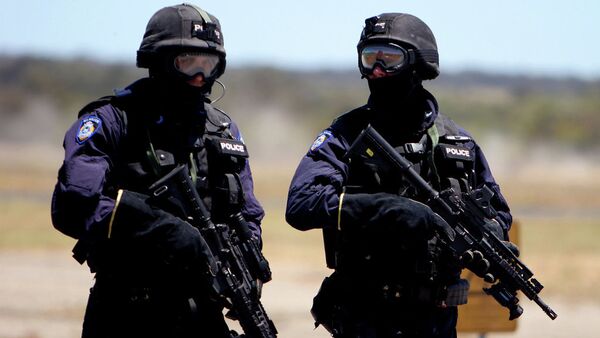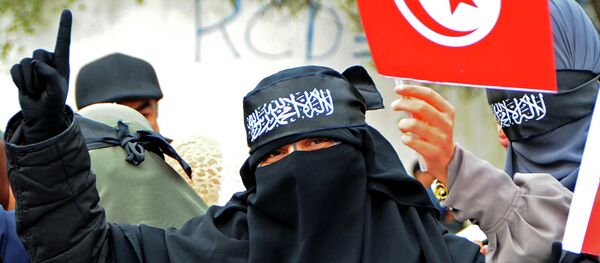Experts argued this might be due to the fact that some Australian Muslims are poorly integrated with the rest of the country, and that Islamic State recruiters pay Australia particular attention.
In addition, the Australian government has failed to keep tabs on some radicalized citizens and moderate Muslims who feel alienated by some of Prime Minister Tony Abbott’s comments about their community, accusing him of driving a wedge between them and the rest of Australia.
Muslims make up about 2.2 percent of the population in Australia and most of them are from families who fled Lebanon’s civil war in the 1970s and 1980s.
Another problem is a system of airport security that is more focused on who is coming in than on who is leaving the country. The government announced in August that biometric screening will be introduced at all of the country’s international airports.
Counterterrorism police units have been attached to major airports to screen passengers.
Foreign Minister Julie Bishop has been granted enhanced powers to prevent Australians from joining Islamic State and, in some cases, from returning to Australia. She has canceled about 100 passports in a bid to keep would-be militants from leaving Australia.
This, however, increases the risk that they will wreak havoc at home.
In September, the government raised Australia’s terrorist threat level to the second-highest level on a four-tier scale.
Police have raided scores of homes of suspected terrorists and many have been charged and detained under new counterterrorism laws.



